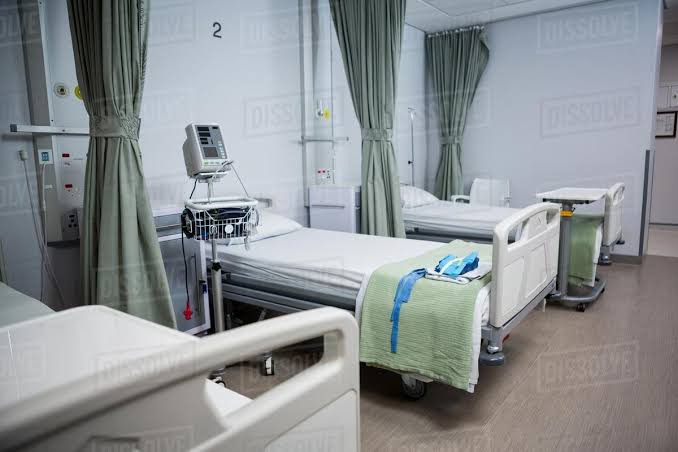The Nigeria Center for Disease Control (NCDC) has disclosed that Lagos State isolation centres are currently running out of bed spaces to treat COVID-19 patients.
According to NCDC record, Lagos State has the highest number of infection in the Country, totally 947 as at Wednesday, and is currently “struggling” for bed spaces to treat COVID-19 patients.
This was disclosed by the Director-General of NCDC, Chikwe Ihekweazu, at the briefing of the presidential task force on COVID-19 on Thursday.
He said:
“Lagos is the only place where we are struggling with bed spaces for now. We will always tells Nigerians the truth. We are struggling with bed spaces in Lagos for now.”
Regarding the measures to ensure more effective testing, Ihekweazu said “We are in the process of scaling up testing across the country and the key component that has changed in this is that in Lagos, Abuja and Kano, instead of waiting for people to call us, we are now going to where the patients are, so we have setup specific testing locations and of course in collaboration and under the leadership of the state in these three states to increase the samples collected from cases that actually do meet the case definition.”
“So, we are going into the communities, health centres to identify those with these case definition and bring them in. We are doing this because we are certain that we have ongoing community transmission especially in these three cities. We have to adapt our response to this situation. We adapted to the circumstances in every state, every city where the nature of transmission changes.
“These changes means that more and more people will be going into the community. We really need Nigerians to support the work that they do and not stigmatise them. Currently, we are living with COVID-19, but not the way we thought about it during the HIV era. This is about communities.
READ ALSO: BREAKING: NCDC Confirms 196 New COVID-19 Cases In Nigeria, Total 1728
“How can we as a country manage this as we transit into the next weeks? As we release the guidelines for implementing the non pharmaceutical intervention that will be released very soon, we are doing this in the context of rising cases. We have to recognise that we still have cases and we have start up some level of activity.”

